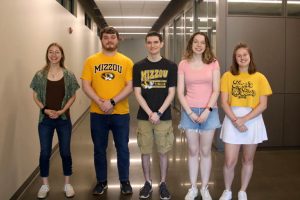
May 21, 2024
Mizzou computer science students design fitness web application for senior capstone project
One group of computer science students set out to develop a new fitness goal tracking web application.
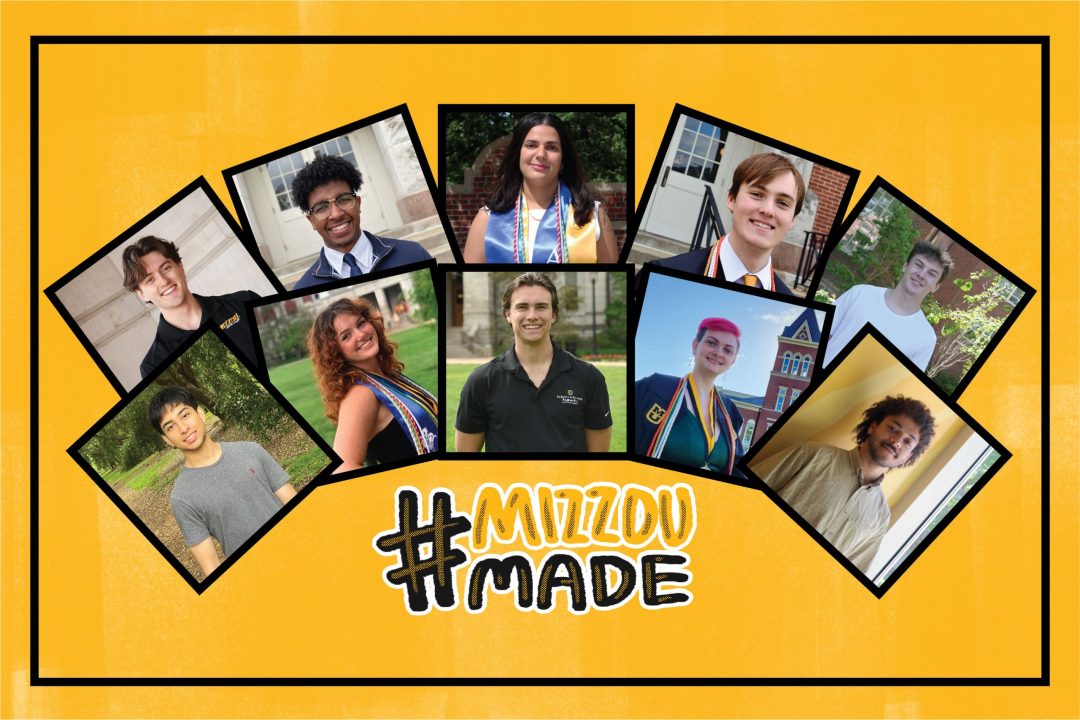
May 7, 2024
#MizzouMade engineers share memories, favorites and what’s up next after graduation
Meet 10 soon-to-be alumni, learn how Mizzou Engineering has helped them achieve their goals and see where they’re headed next.
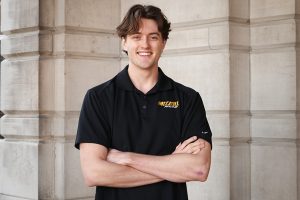
May 6, 2024
An electrifying experience: Higgins earns degree in electrical engineering
Hayden Higgins didn’t always want to become an electrical engineer. Captivated by the endless ways electrical engineering touches every bit of technology, Higgins changed course from pre-medicine to a double major in electrical engineering and physics.
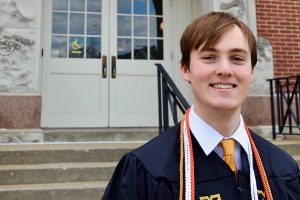
May 6, 2024
Developing a bold mindset: Deal earns degree in computer science
Logan Deal has spent his time at Mizzou Engineering getting involved in everything from undergraduate research to entrepreneurship. In the lab, he investigated artificial intelligence and neuroscience, and in industry his network with local entrepreneurs led him to an internship after a surprise meeting at the grocery store. Deal says he has enjoyed his time at Mizzou and the flexibility of the computer science program to take classes outside his major. He also enjoyed his internship last summer at Paycom, and he is returning to become a software developer at the company after graduation. Read on for a Q&A with…
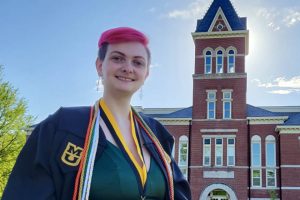
May 6, 2024
Ready for the future: Hill earns degree in computer engineering
Aleesa Hill took a childhood love for the TV show “BattleBots” and plans to turn it into a career. She says the show is what got her interested in robotics, and after getting involved in high school FIRST Robotics she knew she wanted to pursue engineering.
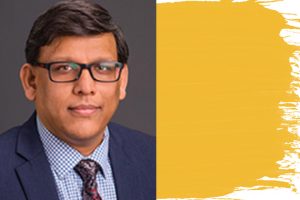
May 1, 2024
Rao receives ICDE Outstanding Reviewer Award
Praveen Rao Mizzou Engineering’s Praveen Rao has received a 2024 Outstanding Reviewer Award from the 40th Institute of Electrical and Electronics Engineers (IEEE) International Conference on Data Engineering (ICDE).

April 19, 2024
Jianlin “Jack” Cheng named 2023 AAAS Fellow
Jianlin “Jack” Cheng, a Curators’ Distinguished Professor in the College of Engineering and a NextGen Precision Health initiative researcher, was named a 2023 AAAS Fellow.
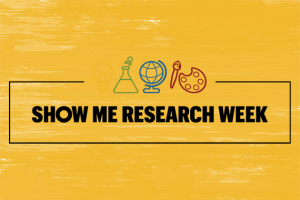
April 19, 2024
Mizzou Engineering students take honors at Show Me Research Week 2024
Nine engineering students took honors at Show Me Research Week, a collaboration between MU's Office of Undergraduate Research and the Bond Life Sciences Center, which included poster presentations, guest lectures and special activities. More than 55 engineering students presented.
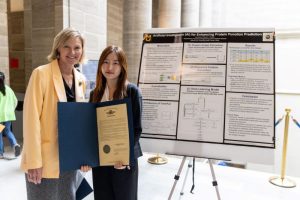
April 11, 2024
Presenting engineering undergraduate research to legislators: A Q&A with Ahhyun Lee
Ahhyun Lee was one of 13 Mizzou students selected to present her research at Undergraduate Research Day at the Capitol last week. Read for a Q&A with Lee about her research, which focuses on using artificial intelligence to enhance protein function prediction.
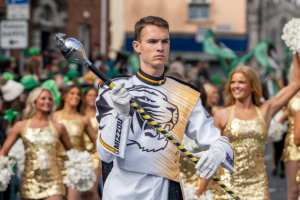
April 1, 2024
Engineers in Marching Mizzou parade through Ireland
From M-I-Z to I-R-E, Mizzou Engineers were among members of Marching Mizzou who traveled to Ireland last month to perform in the St. Patrick’s Festival Parade in Dublin, where they were awarded best overall band.